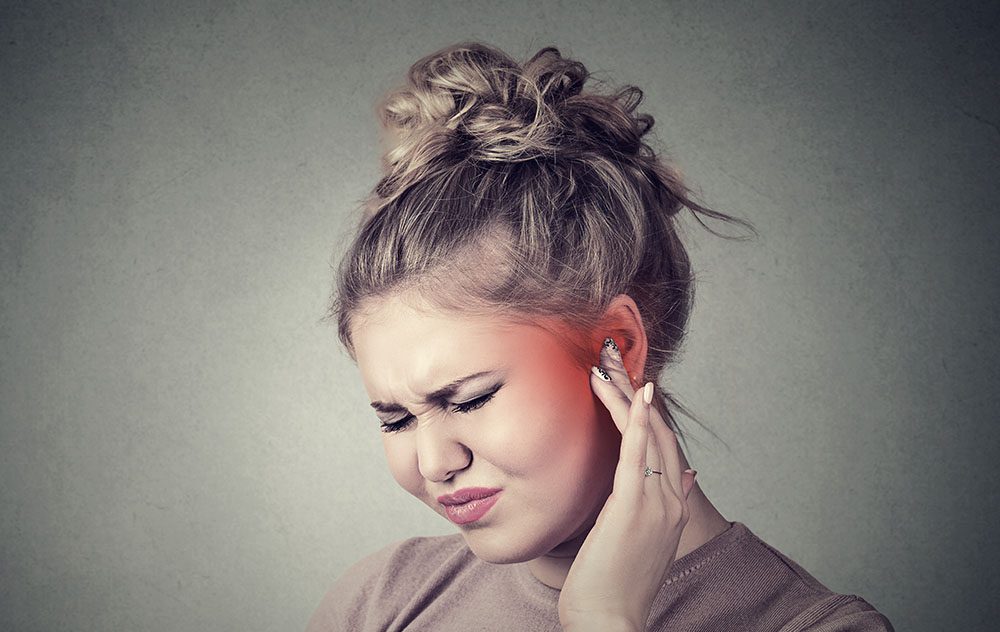How to Adjust Hearing Aids for Seasonal Allergies
When seasonal allergies strike, they affect more than just your nose and


When seasonal allergies strike, they affect more than just your nose and

Understanding why we experience hearing loss can help us address it more

When you take medication, you probably check the common side effects –